The price of comfort
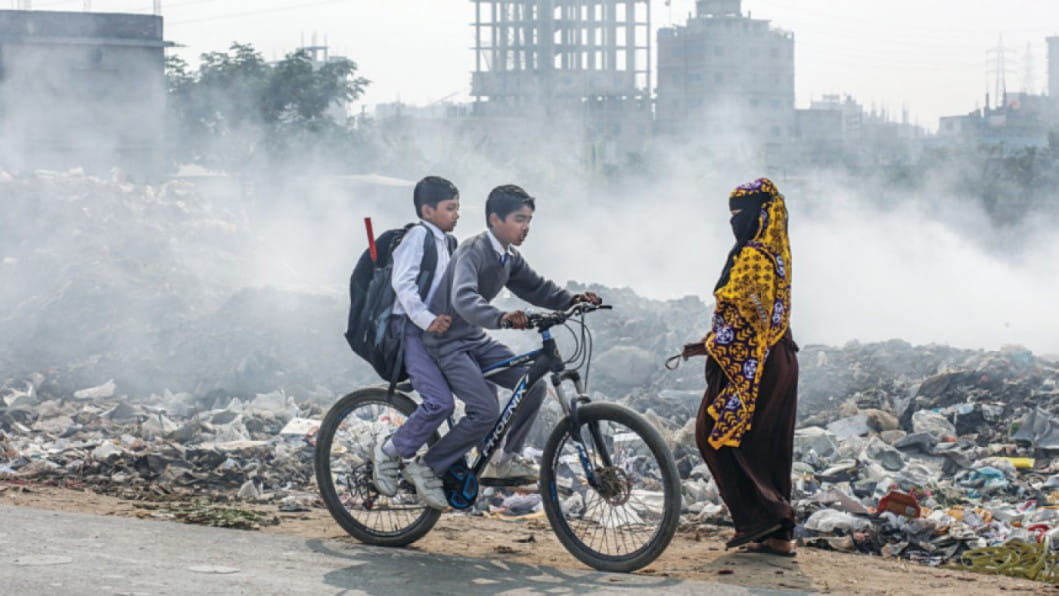
As the 27th climate COP has arrived, we are again hearing dire warnings about the need for immediate dramatic action – and are again seeing countries fail to act with the urgency required.
Nor is this anything new.
For decades we were warned about the impending climate crisis, which is now unleashing its fury on us. The forest fires, storms, droughts and floods, and extreme heat all remind us that we have irrevocably changed our climate and that the suffering is just beginning. And yet, we continue to be addicted to fossil fuels.
Why this addiction? Fossil fuels certainly allow us to live more comfortably. We prefer to travel by car, than to walk or ride a bicycle, and design our cities accordingly. We would rather turn on our air conditioning than make space in our cities for trees. Rather than make changes to our lifestyle, we prefer to hope for some magical, technological solution that will save us. It's a bit like when someone who is too lazy to walk to the latrine instead does their business right behind the house – more convenient, sure. But not a very smart move.
As for the magical promise of technology, the question is: how much longer do we plan to wait? The devastation is already here and now; the longer we wait, the greater and sooner the future damage.
Ironically, our very desire to live comfortably is making a comfortable existence unreachable for ever more people. Nobody living in Dhaka can fail to notice that the temperature is becoming unbearable. Just recently, the flooding in Pakistan affected more than 33 million people and caused as much as USD 40 billion in damages. Hurricane Ian in Florida likewise wreaked havoc. Crops in northern Italy died of drought and Austria lost its crops due to hailstorms. Locusts plagued Sardinia. In Latin America, extreme temperatures have caused nearly nine lakh deaths between 2002 and 2015.
This past summer in China, the heat was so extreme that chickens died or refused to lay eggs, pigs had to be hosed down to keep cool. And in Sichuan, pandas lay down on blocks of ice to cool off. The heat killed fish, livestock, wildlife, and crops. Roofs melted and roads cracked. Power outages shut down factories and meant that people could not run their air conditioning; some people fled to underground tunnels to stay cool. In China, 90 cities issued code red heat emergencies this past summer, which stopped all construction and most outside work. Other parts of China were devastated by floods.
How comfortable are we when suffering from intense heat waves, flooding, and damaging storms?
We need high-income countries to cut back dramatically on their use of fossil fuels, yet we still accept that their lifestyle – of high consumption, no matter the price – is enviable. We want them to cut back so that we can ramp up our own fuel use, even though we are already suffering intensely from air and noise pollution caused by that very use of fossil fuels.
It is certainly true that Bangladesh is not a significant contributor to greenhouse gas (GHG) emissions. But our pressure on other countries to reduce their emissions would have more impact if we ourselves rejected the lifestyle that rich countries continue to indulge in. If we only said that the comfort and convenience of an inactive, high-consumption lifestyle powered by fossil fuels just isn't worth it. That there are things more important than the pursuit of that comfort and convenience. Things like breathing clean air, enjoying quieter cities, being able to move in our cities without getting stuck in traffic (caused by the very vehicles meant to make our lives easier and faster).
It isn't possible to be comfortable when our cities are flooded, or when the heat is devastating and when loadshedding is common. A far better solution would be to restore our canals, plant more trees, encourage rooftop gardening, and otherwise make our cities cooler and less susceptible to flooding – while focusing on transport that does not require the burning of fuel.
Some countries are showing a better way forward. Lima, Peru's capital, has unanimously passed a motion calling for a Fossil Fuel Non-Proliferation Treaty. Recently elected Colombian President Gustavo Petro and Vice-President Francia Marquez are calling for a Fossil-Fuel Free Future. There is hope, too, from Brazil, now that Lula will replace the climate-change-denying, Amazon-destroying Bolsonaro.
Here in Bangladesh, we could join in the calls for a dramatic change in our lifestyle – or continue to pursue the materialistic dream of comfort that is, in fact, destroying any possibility of comfort for many now, and nearly all in the near future.
Debra Efroymson is executive director of the Institute of Wellbeing and author of Beyond Apologies, Defining and Achieving an Economics of Wellbeing

 For all latest news, follow The Daily Star's Google News channel.
For all latest news, follow The Daily Star's Google News channel. 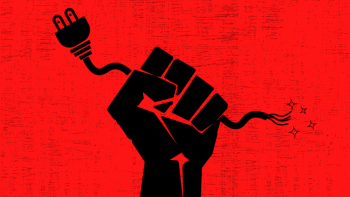
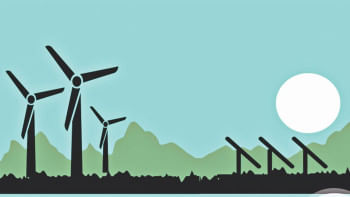
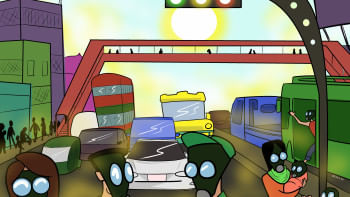
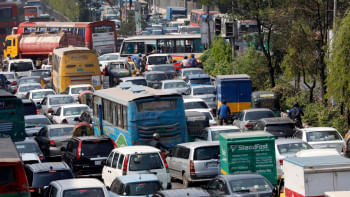









Comments